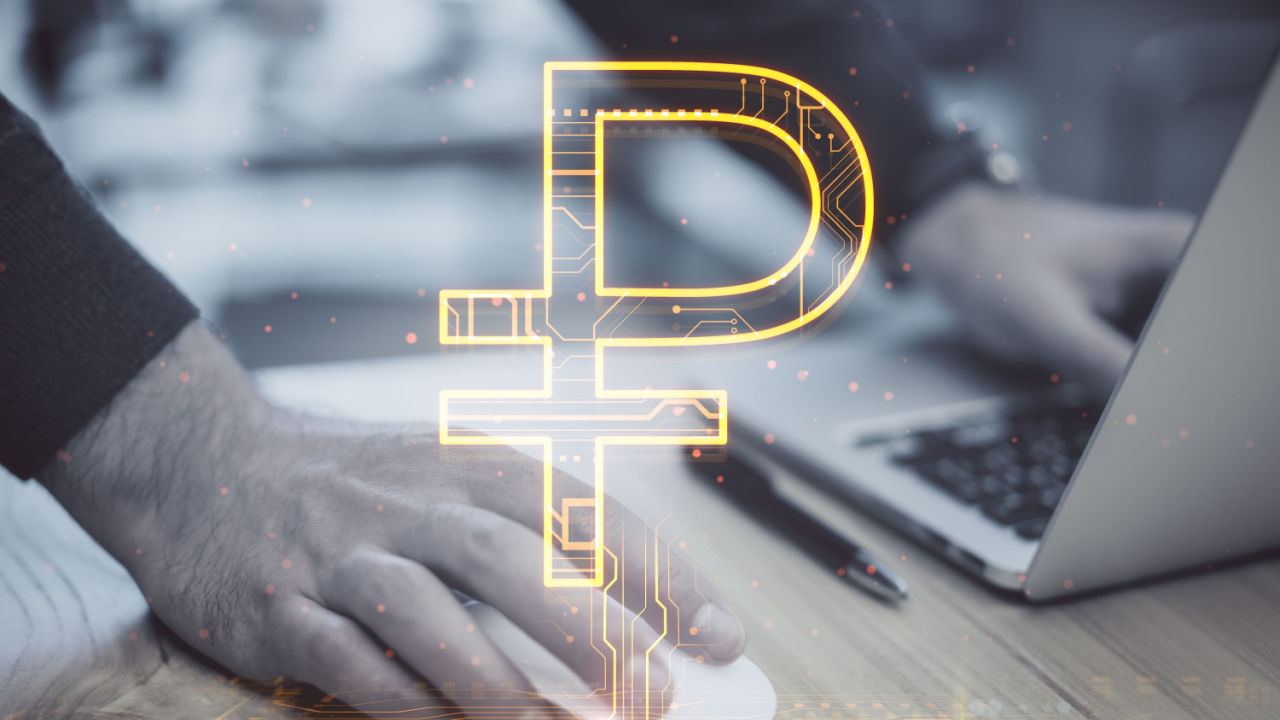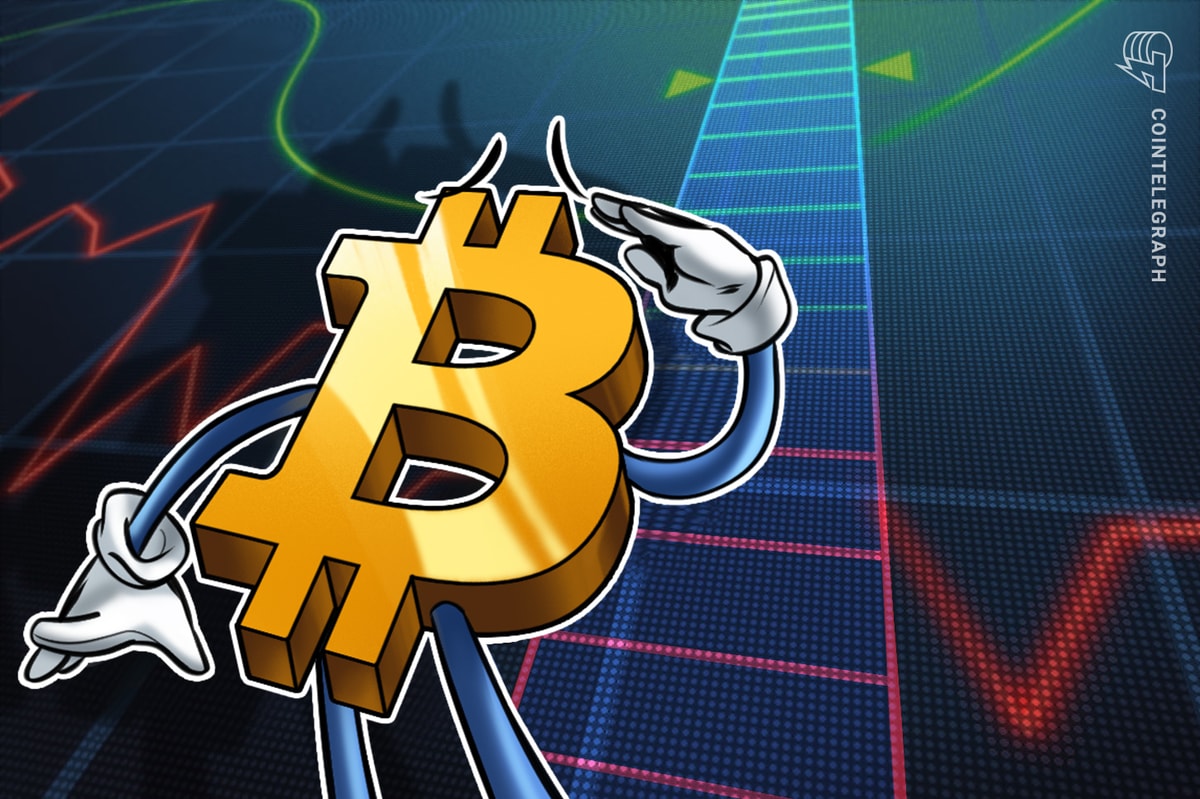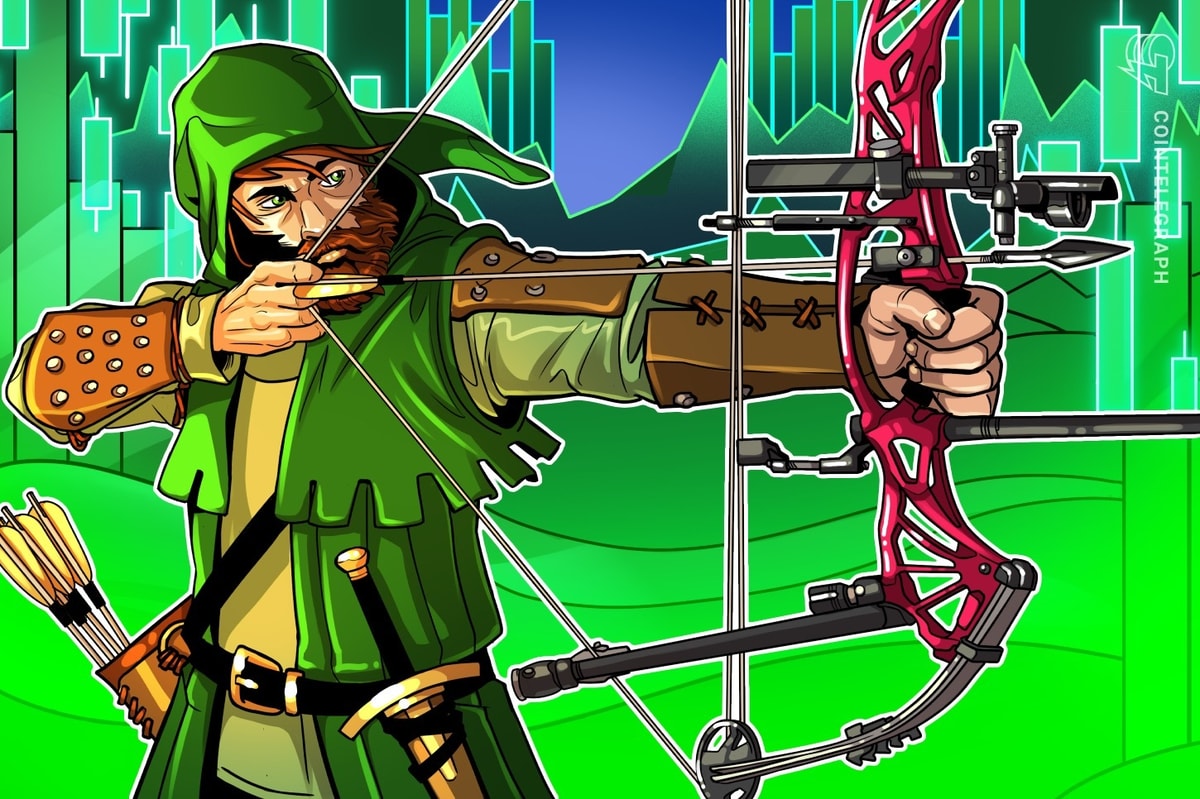Digital Assets for 1 Billion Rubles Issued in Russia in a Month – Bitcoin News
3 min read
Platforms authorized by the Russian government issued digital assets worth around a billion rubles in April, the local press reported. The spike in the volume has been attributed to Russian companies experimenting with new financial instruments amid limited access to traditional capital.
Russia’s Digital Assets Market Livens Up as Capital Markets Dry Up for Russian Businesses
Seven placements of digital financial assets (DFAs) for a total of about 1 billion rubles ($13 million) were made in Russia last month, the Kommersant reported. Experts quoted by the business daily note that while this market is still rather small, significant projects may be expected by the end of this year.
DFAs are relatively new instruments in Russia defined in the law “On Digital Financial Assets” that went into force in January 2021. Unlike decentralized cryptocurrencies, which are yet to be comprehensively regulated, these represent “digital rights” to securities or utility tokens and must have an issuing entity.
Most of the DFAs issued in April were sold by the majority state-owned Sberbank, Russia’s largest banking institution, followed by Alfa-Bank, the largest private bank in the country. The two are among the operators of DFA platforms authorized by the Bank of Russia, alongside Atomyze, which specializes in the tokenization of commodities, the fintech company Lighthouse, and the more recently licensed Masterchain.
In March, less than a year since the central bank-approved entities started issuing DFAs, placements had reached a total of 2 billion rubles ($26 million). Despite the significant increase in the following month, most analysts interviewed by Kommersant are still skeptical. Funds can be raised using existing tools such as corporate bonds, said Roman Nekrasov, co-founder of Encry Foundation which represents Russian IT companies.
The DFA segment remains occupied by select large players, added Mikhail Uspensky, member of the expert council of the working group on cryptocurrency at the State Duma, the lower house of Russian parliament. At the same time, he admitted that capital markets have dried up for Russian businesses. “And many companies are trying to be creative, including by experimenting with DFAs,” Uspensky elaborated while pointing out that issuing digital assets is still mostly a reputational move.
Unprecedented Western sanctions imposed over Moscow’s invasion of neighboring Ukraine severely restricted Russian access to the global financial markets. As part of efforts to mitigate the negative effects of the penalties, Russian authorities have been taking steps to expand the use of digital assets including through legalizing crypto payments in cross-border trade and developing a digital ruble.
Do you think the digital assets market in Russia will continue to grow? Share your expectations in the comments section below.
Image Credits: Shutterstock, Pixabay, Wiki Commons
Disclaimer: This article is for informational purposes only. It is not a direct offer or solicitation of an offer to buy or sell, or a recommendation or endorsement of any products, services, or companies. Bitcoin.com does not provide investment, tax, legal, or accounting advice. Neither the company nor the author is responsible, directly or indirectly, for any damage or loss caused or alleged to be caused by or in connection with the use of or reliance on any content, goods or services mentioned in this article.
Read disclaimer





